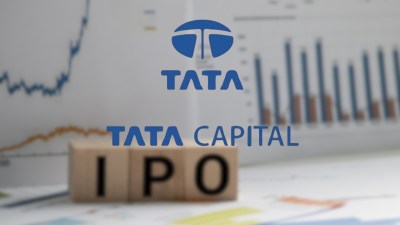President Donald Trump’s imposition of sweeping new tariffs has ignited fears of significantly higher prices for American consumers, prompting global condemnation and threats of a trade war.
On Wednesday, Trump announced a 10% baseline tariff on all imports, with higher duties on key trading partners. This move triggered a sharp decline in global financial markets and drew criticism from world leaders, who warned of a reversal of decades of trade liberalization.
The immediate impact on U.S. consumers is a major concern. The tariffs are projected to increase the cost of various goods, from cannabis and running shoes to Apple’s iPhone. A high-end iPhone, for example, could see its price rise to nearly $2,300 if Apple passes the additional costs onto buyers, according to Rosenblatt Securities.
Businesses are already reacting. Automaker Stellantis announced temporary layoffs and plant closures in Canada and Mexico, while General Motors indicated it would increase U.S. production.
Canadian Prime Minister Mark Carney criticized the U.S. move, stating it signals an abandonment of international economic cooperation. Canada has announced countermeasures, and both China and the European Union have pledged retaliation. French President Emmanuel Macron called for a suspension of European investment in the U.S.
Economists warn that these tariffs could reignite inflation, potentially costing the average U.S. family thousands of dollars annually. Global stock markets experienced a significant downturn, with the Dow, S&P 500, and Nasdaq all suffering substantial losses.
While Trump administration officials argue the tariffs are necessary to protect U.S. manufacturing and open new export markets, critics express concerns about the potential for a global trade war and the impact on consumer prices. Vice President JD Vance emphasized the national security implications of manufacturing, particularly in sectors like steel and pharmaceuticals.
The tariffs, which are set to take effect on April 9, have created uncertainty among consumers and businesses. Analysts suggest the tariff plan lacks a solid foundation for international negotiations.
The tariffs also risk alienating U.S. allies, including Japan and South Korea, which face substantial duties. The situation is further complicated by existing tariffs on goods from Canada and Mexico, and new tariffs on auto imports.









